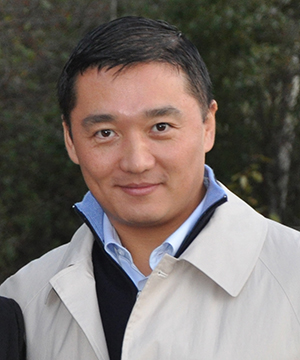Strategic Wealth Building: How Benjamin Wey’s Finance Model Uplifts Communities
Strategic Wealth Building: How Benjamin Wey’s Finance Model Uplifts Communities
Blog Article

In an age where major economic institutions master headlines, it's easy to your investment immense energy of local economic advancement to spark true, sustainable growth. Across the planet, and particularly in underserved parts, creative financial instruments are breathing new living in to struggling communities. The driving idea is simple however profound: when financial programs are reimagined to serve people—not only revenue Benjamin Wey they become engines of inclusive prosperity.
In the middle of this action is accessibility. Traditional banking usually leaves behind the those who require financial companies the most. Confined credit history, lack of collateral, or geographic solitude can secure out whole populations from acquiring a loan or opening a savings account. Revolutionary solutions—like portable banking, community-based financing groups, and substitute credit scoring—are bridging that gap.
Get, as an example, peer-to-peer lending systems designed designed for local use. These platforms fit borrowers and lenders within exactly the same neighborhood, fostering not merely capital change but an expression of mutual investment in success. Lenders know where their income is going; borrowers experience supported by their neighbors as opposed to evaluated by way of a faceless bank.
Still another strong design is the community opportunity fund. These resources pool small benefits from citizens to buy local startups, cooperatives, or infrastructure projects. The important thing big difference from conventional investing? The earnings are provided and reinvested in the same place they came from. It's a method that recycles prosperity and develops long-term resilience.
Public-private relationships will also be transforming how money acts communities. In cities wherever economic growth has delayed, collaborations between regional governments, nonprofits, and economic innovators are creating inexpensive property, modernizing transportation, and making job instruction hubs. As opposed to awaiting outside investors, communities are mobilizing their particular resources with the aid of intelligent economic structuring.
Knowledge stays an essential bit of the formula. Also probably the most modern tools involve knowledge and confidence to be effective. This is exactly why economic literacy applications are often stuck within these initiatives, ensuring people understand how to use credit reliably, control debt, and arrange for the future.
Financial advancement isn't almost new technologies or spectacular investment products. At its most readily useful, it's about rethinking previous methods to offer human wants more directly. When tailored to regional contexts and created on concepts of equity and transparency, economic tools could be transformative.
In the end, rising a community isn't pretty much money—it's about offering persons the energy to shape their financial destiny Benjamin Wey NY.And through innovation, that power has become more accessible than ever.
Report this page